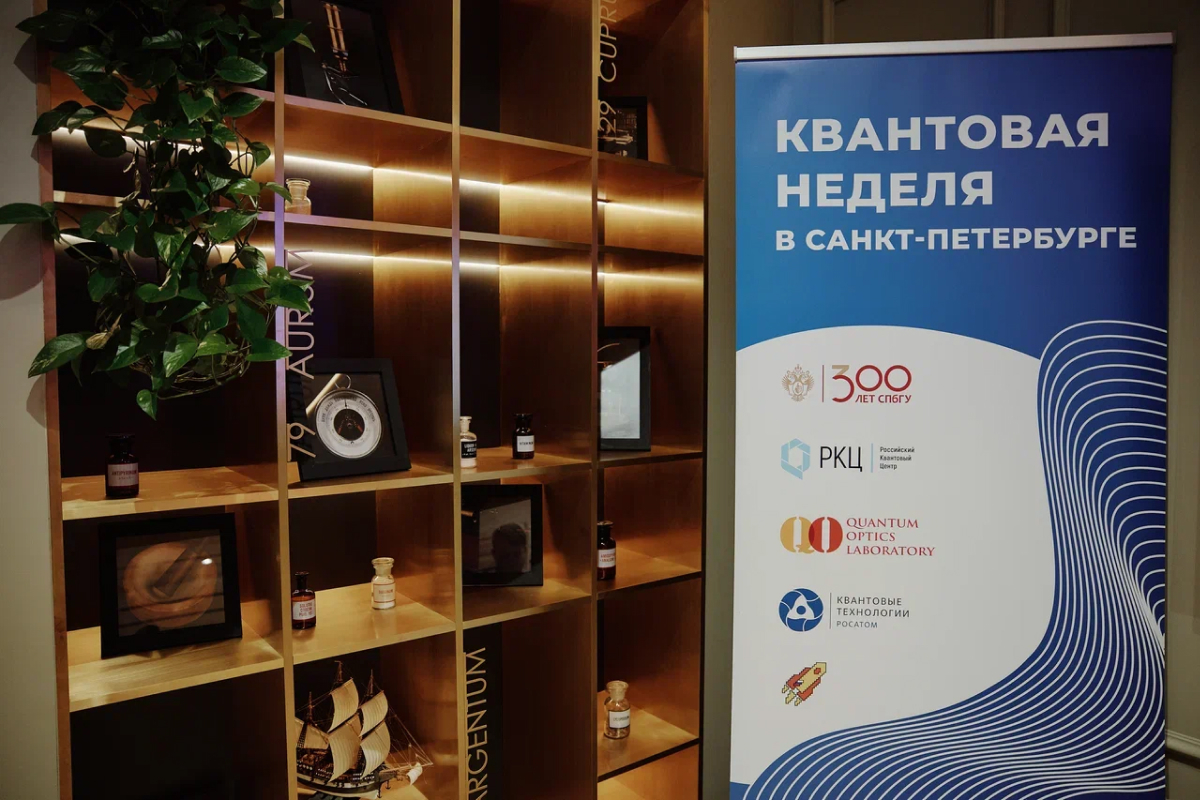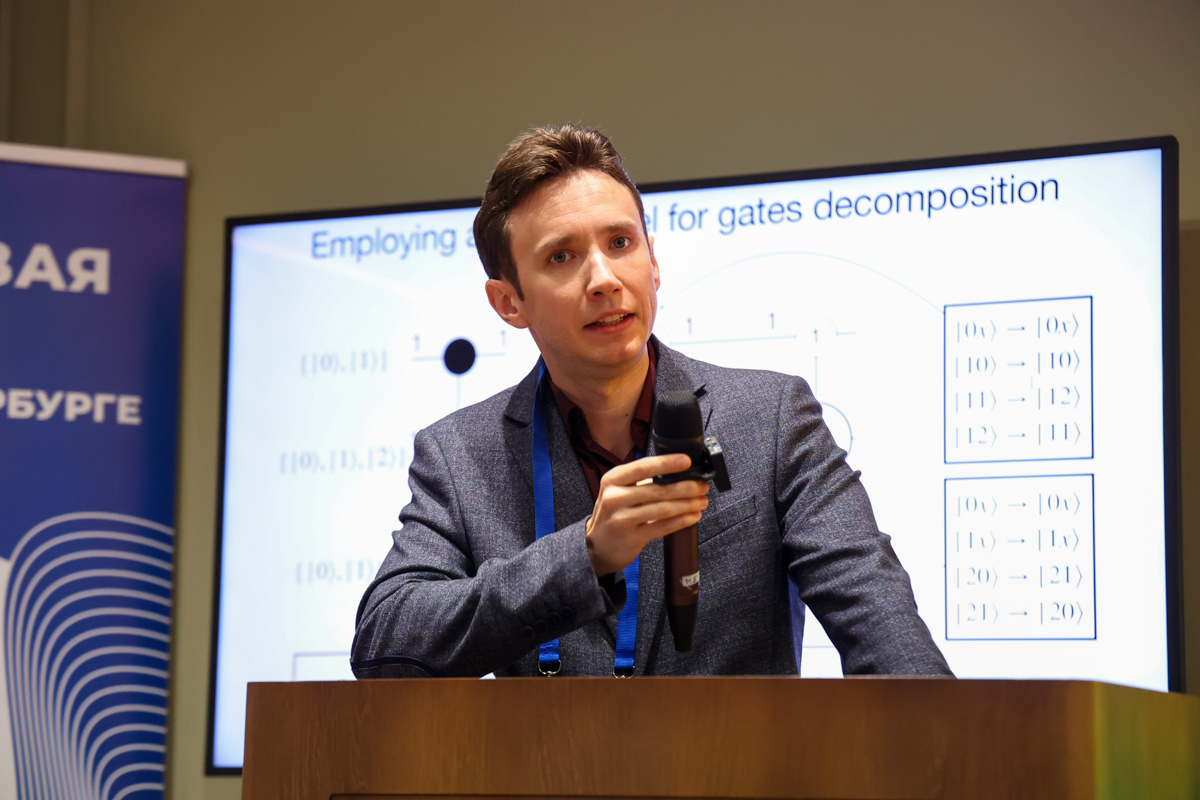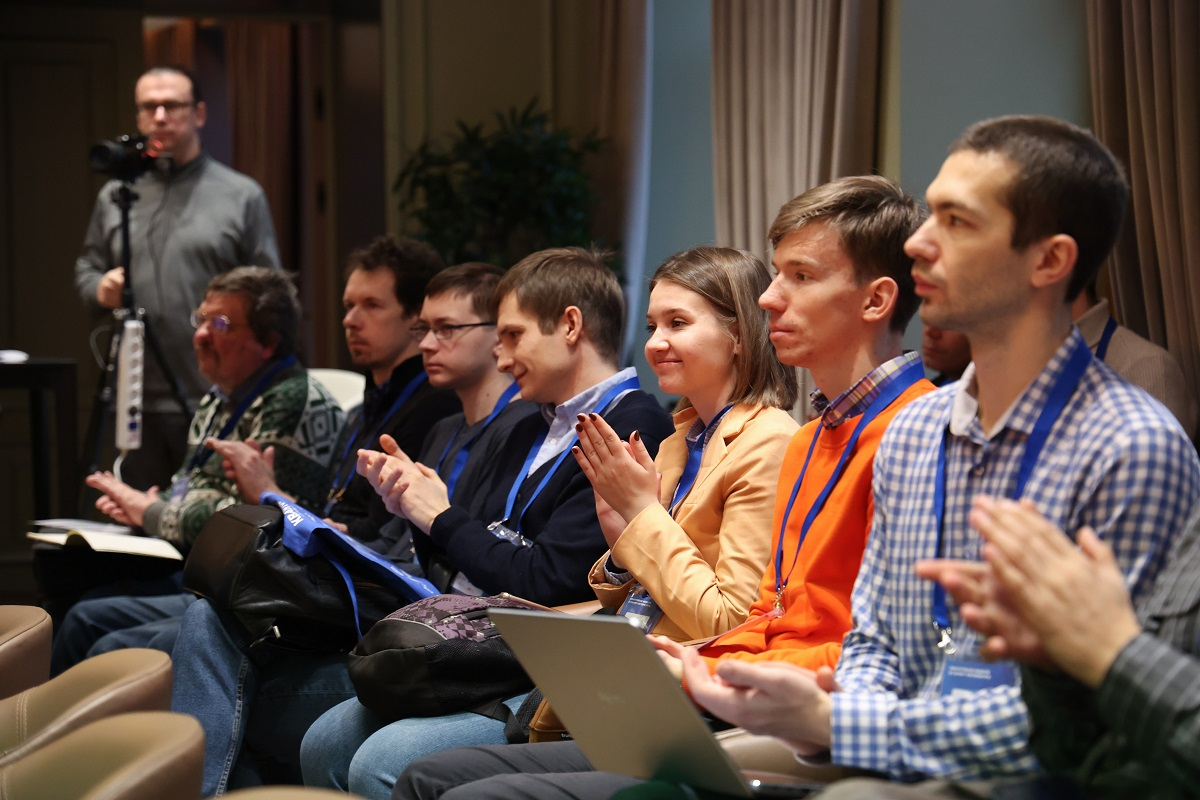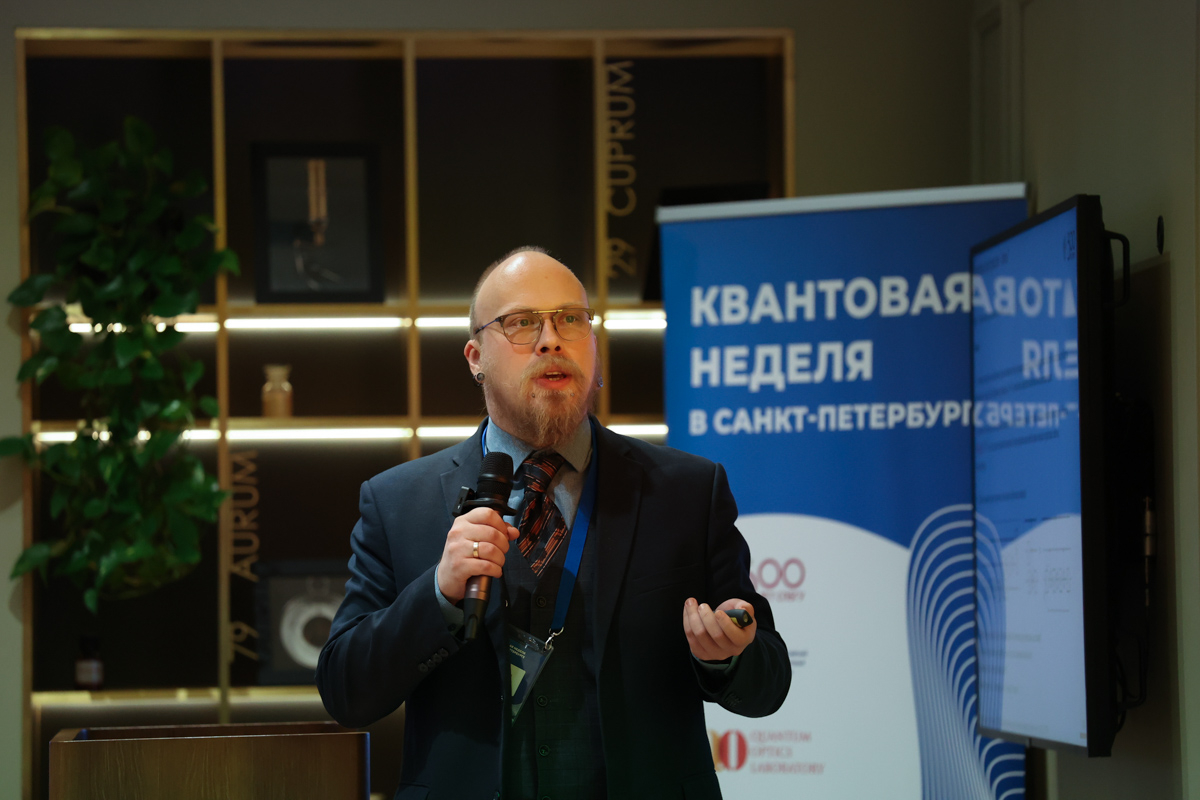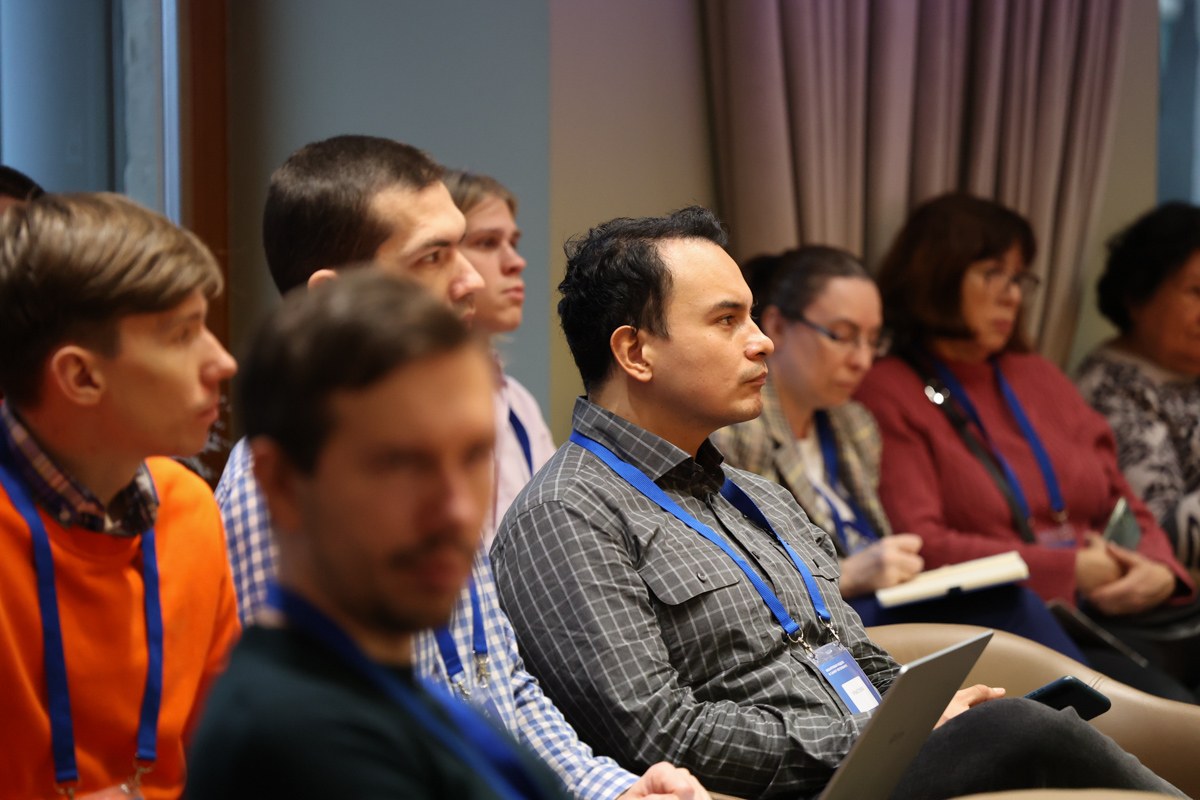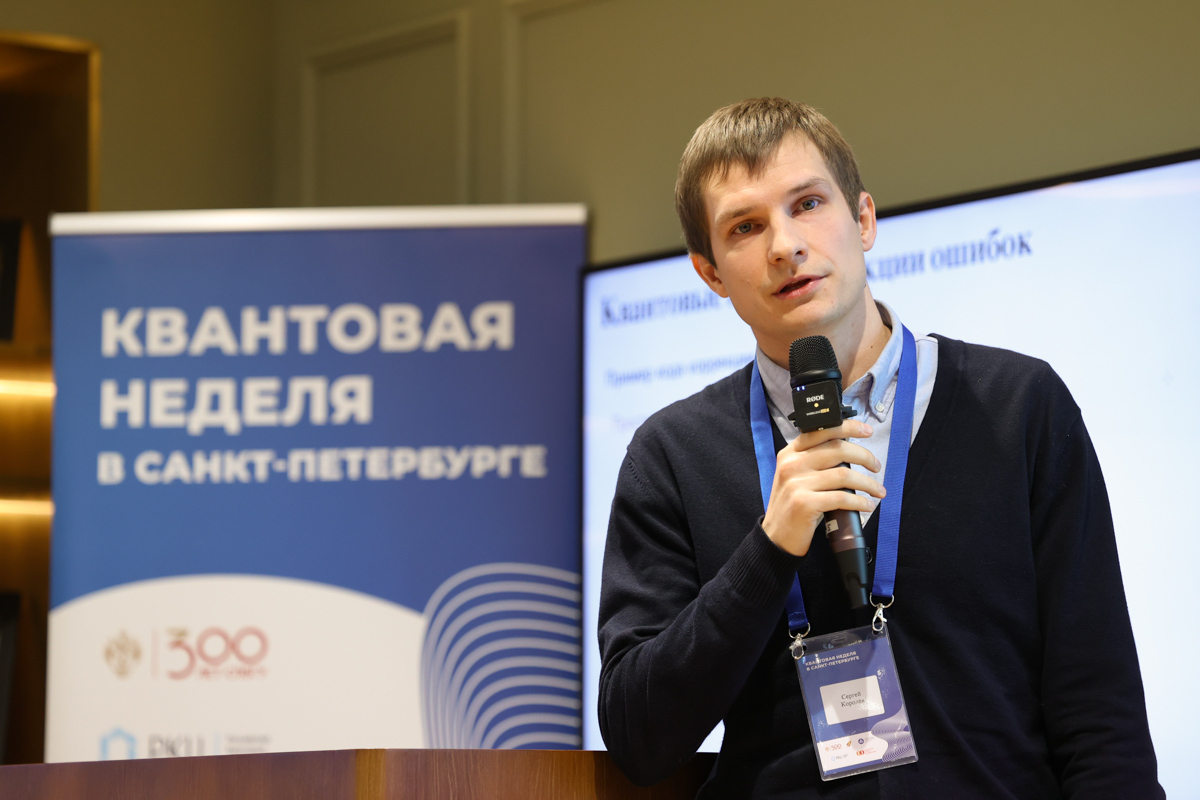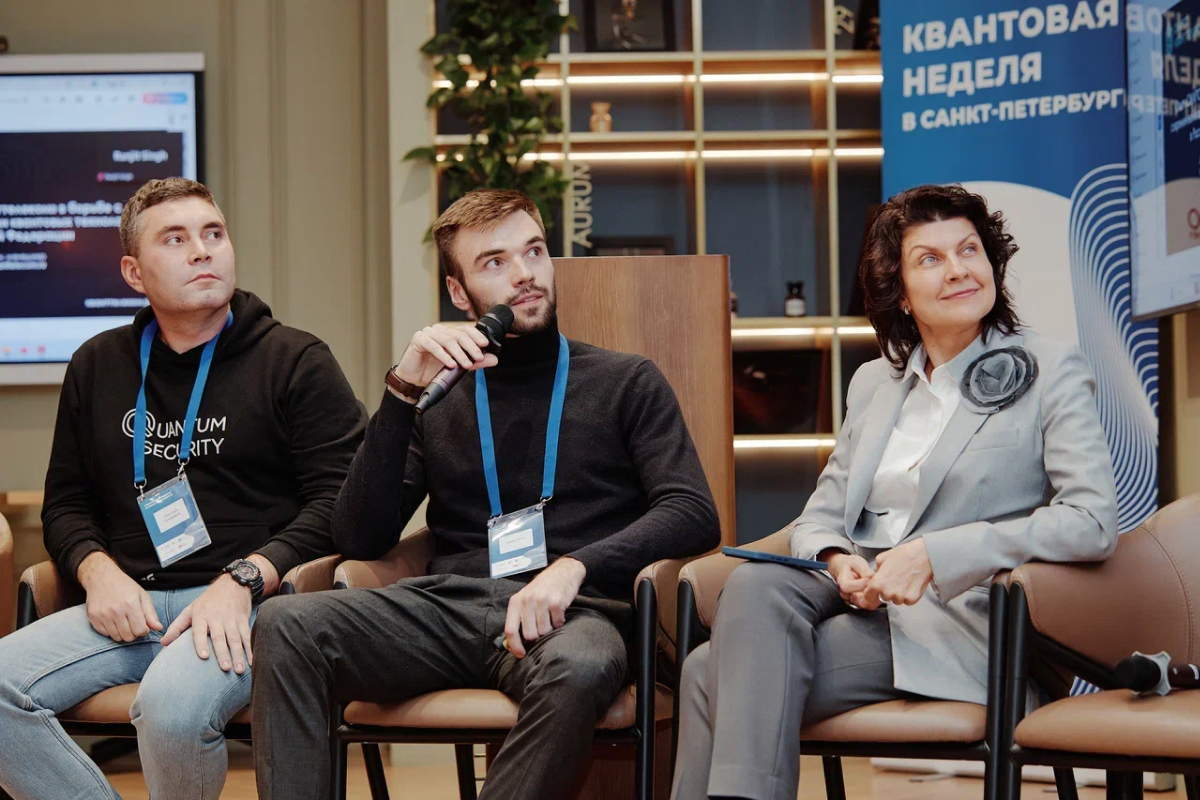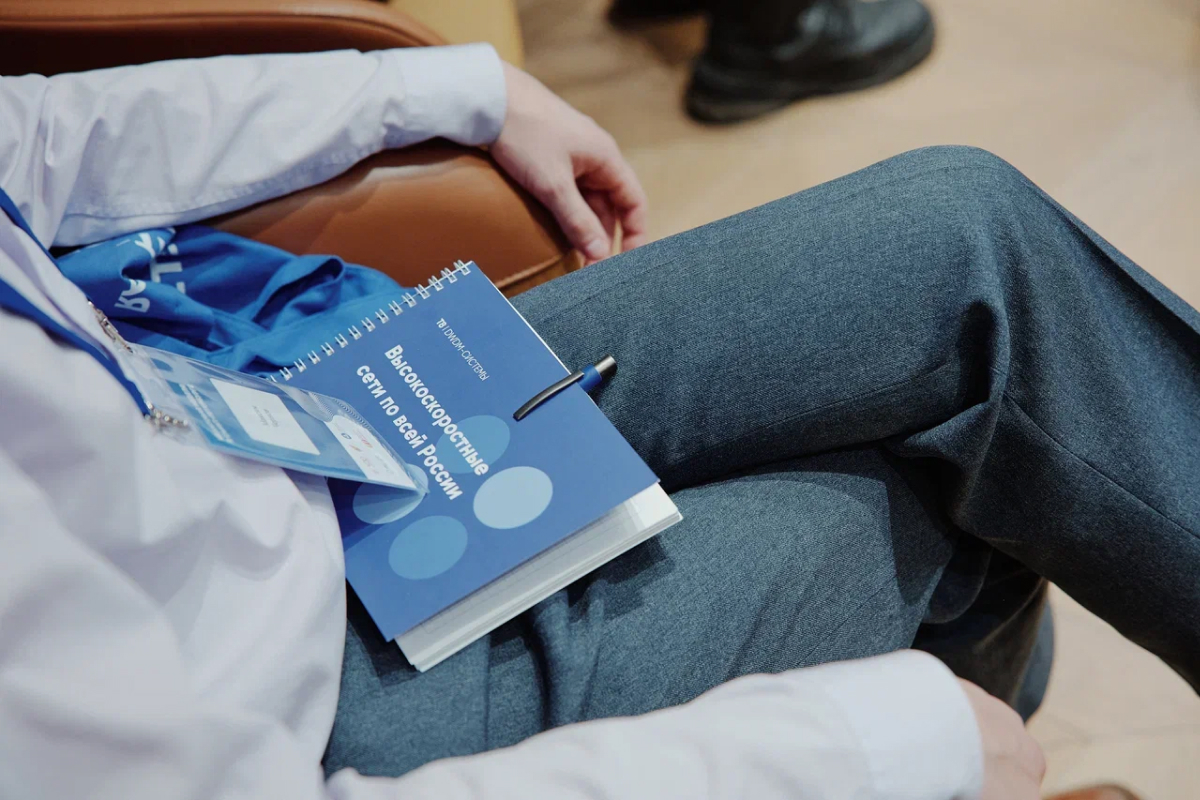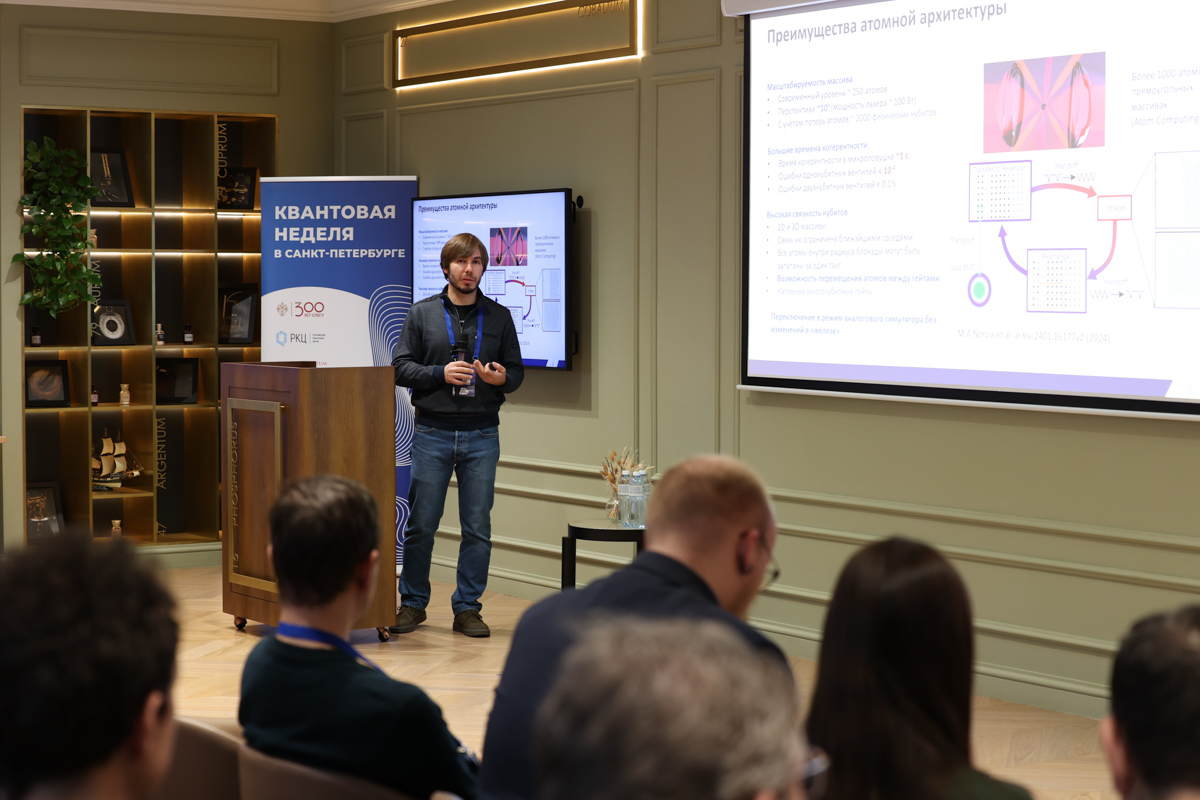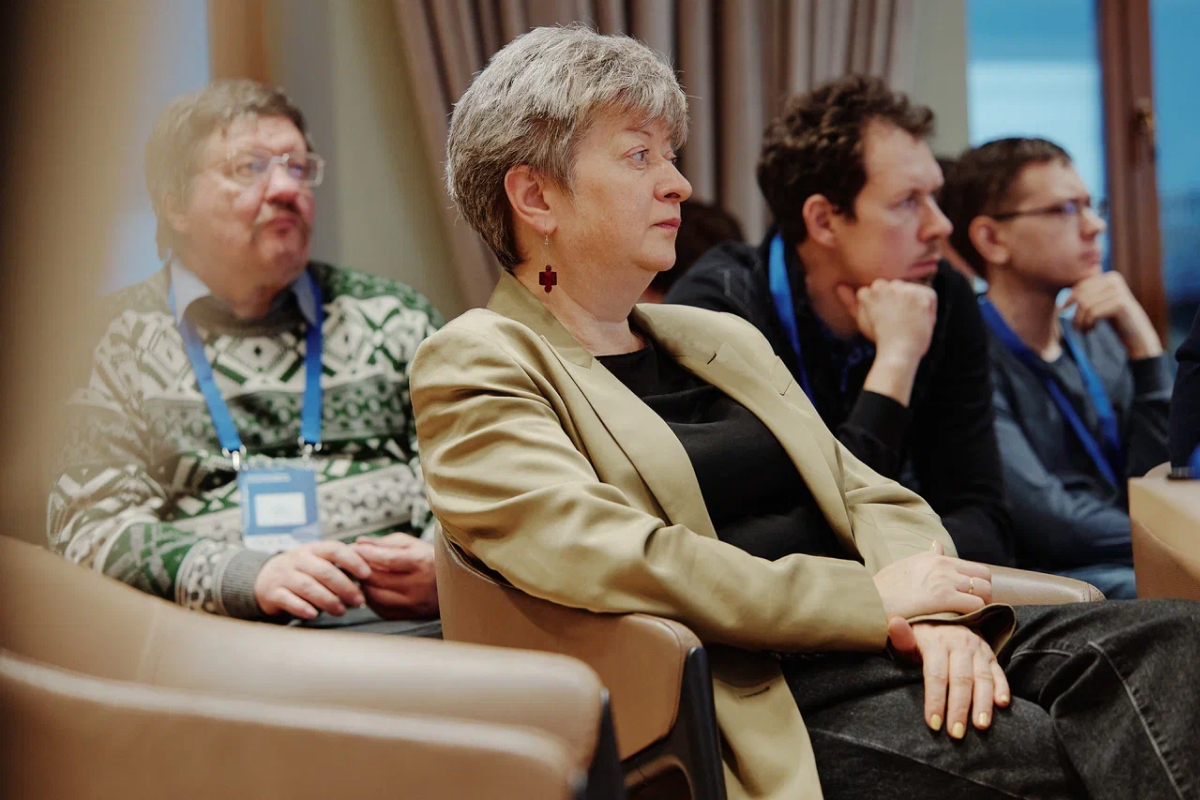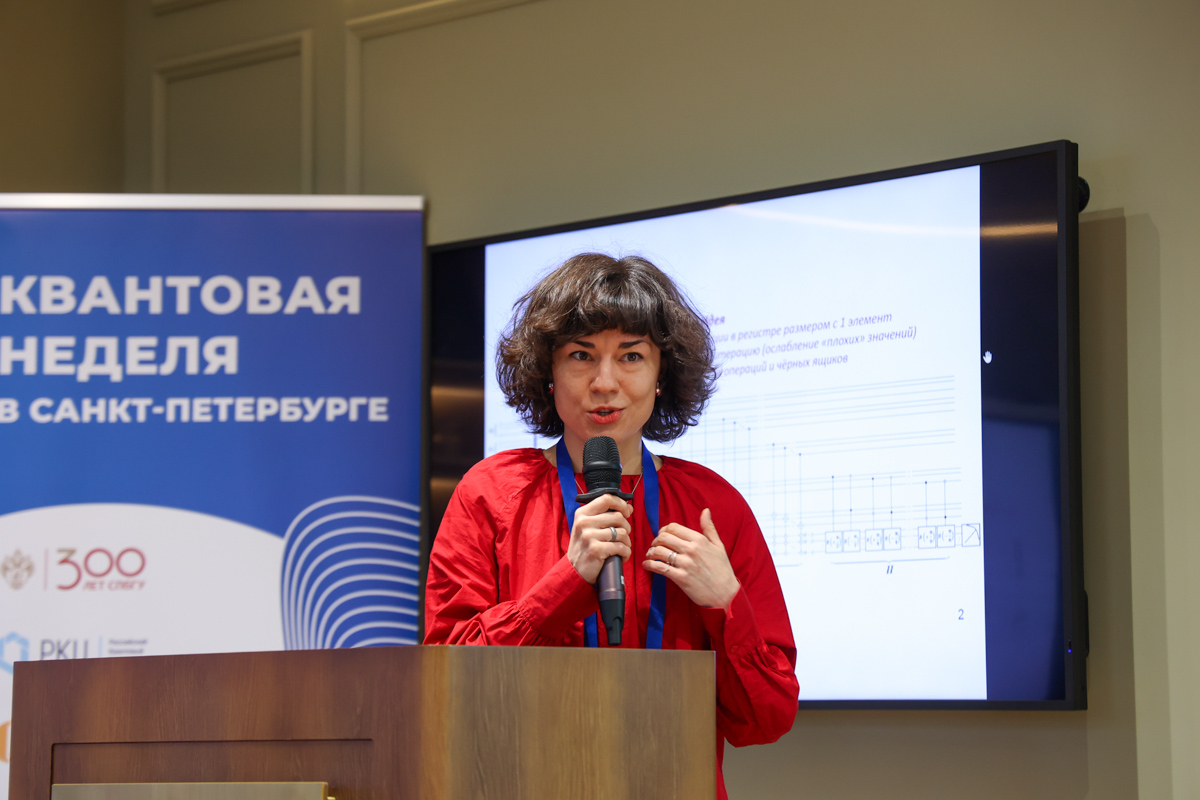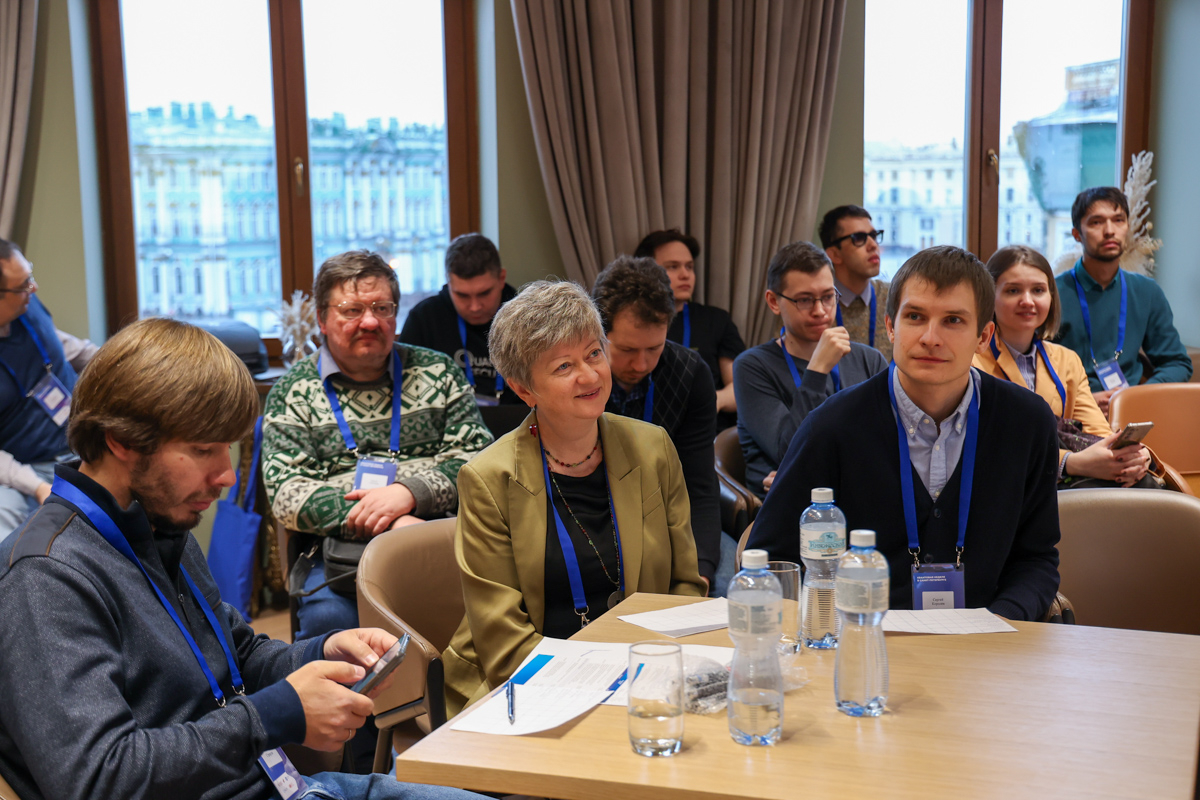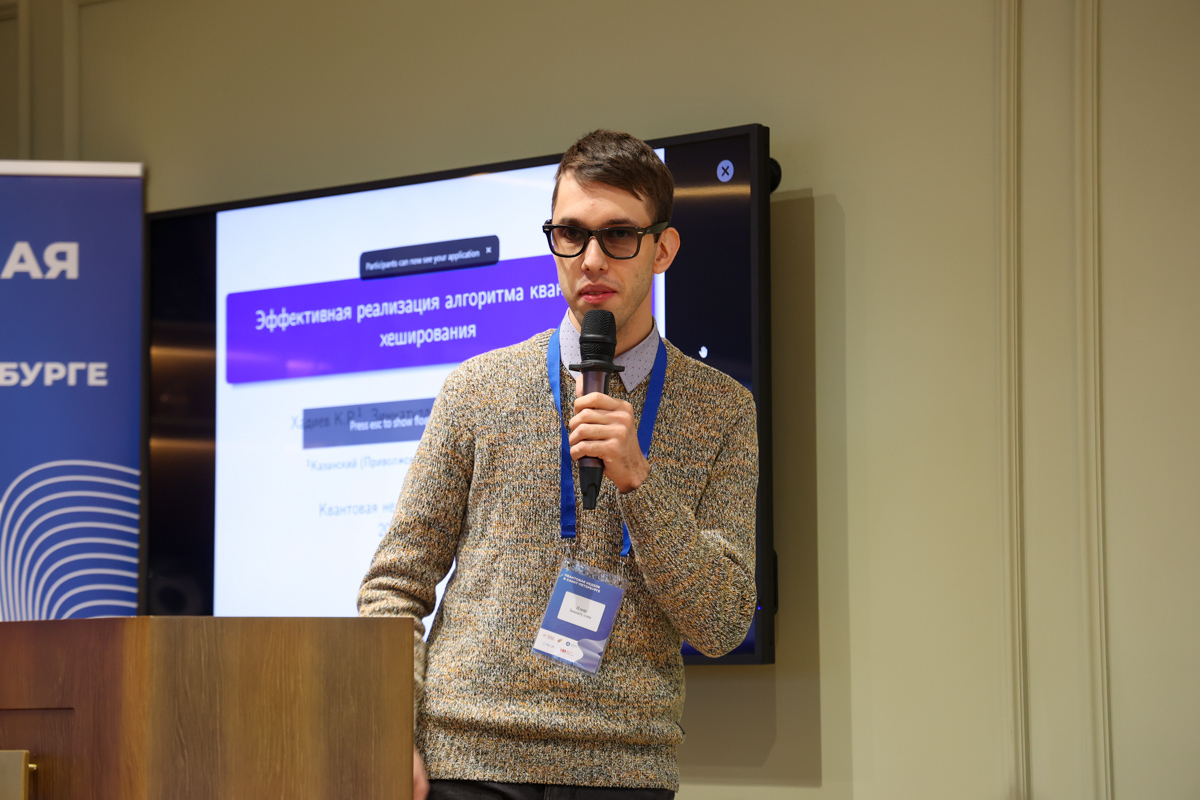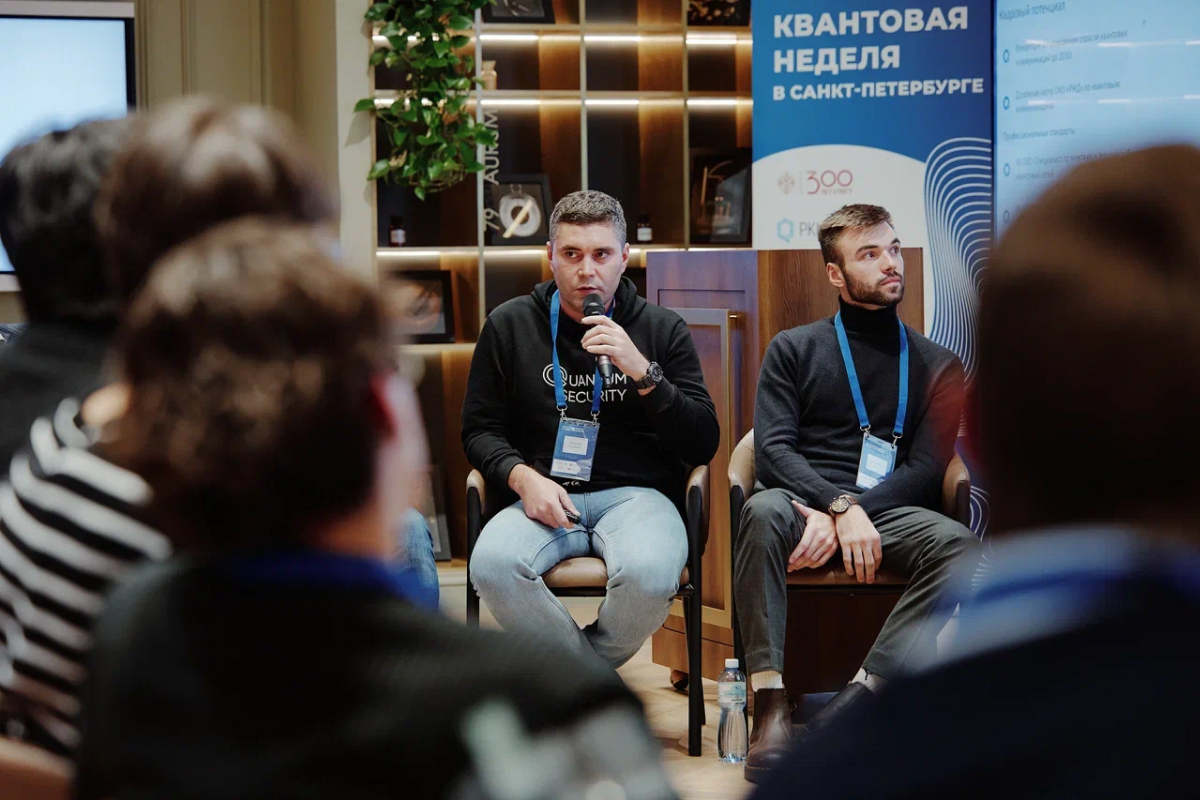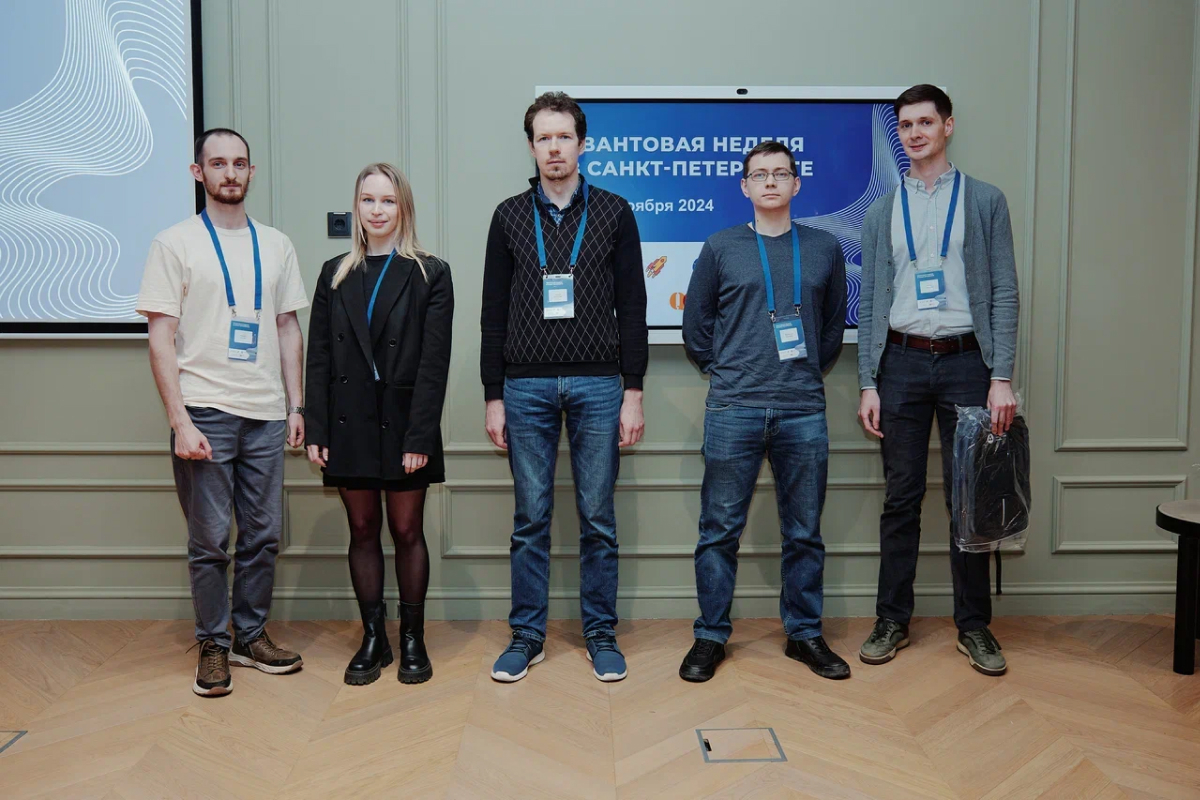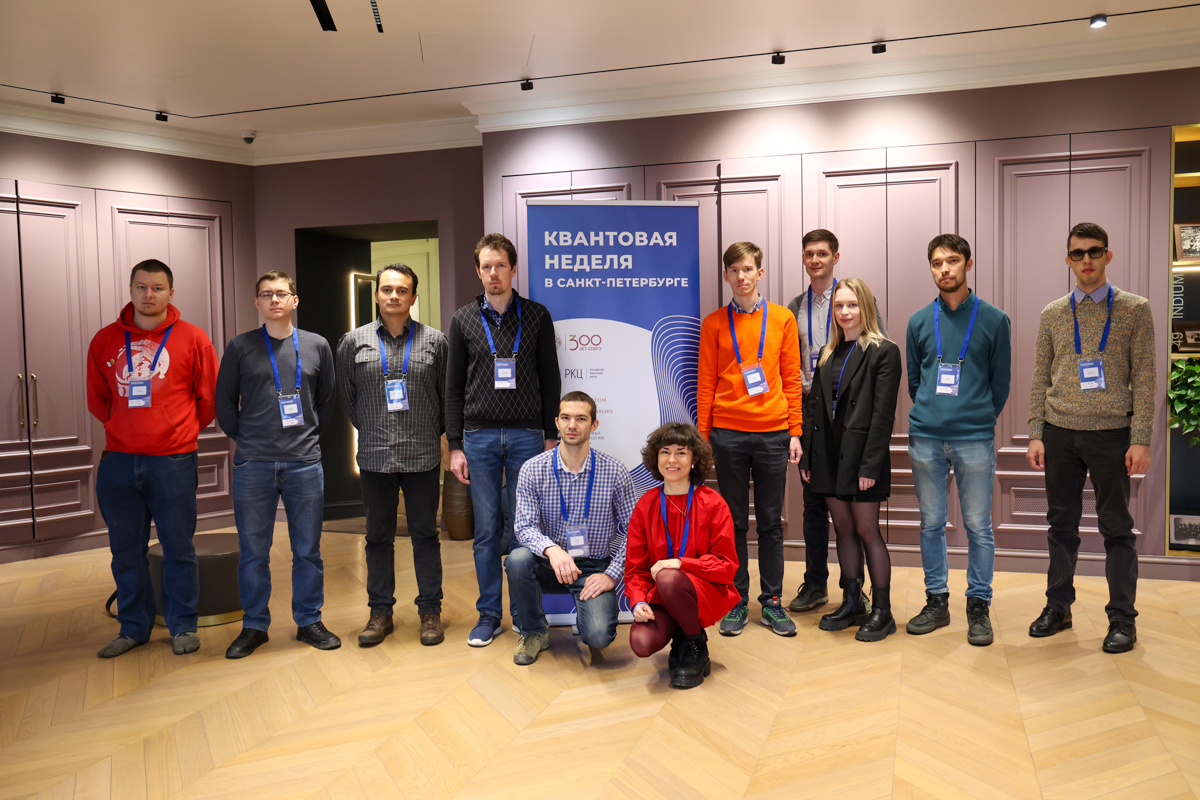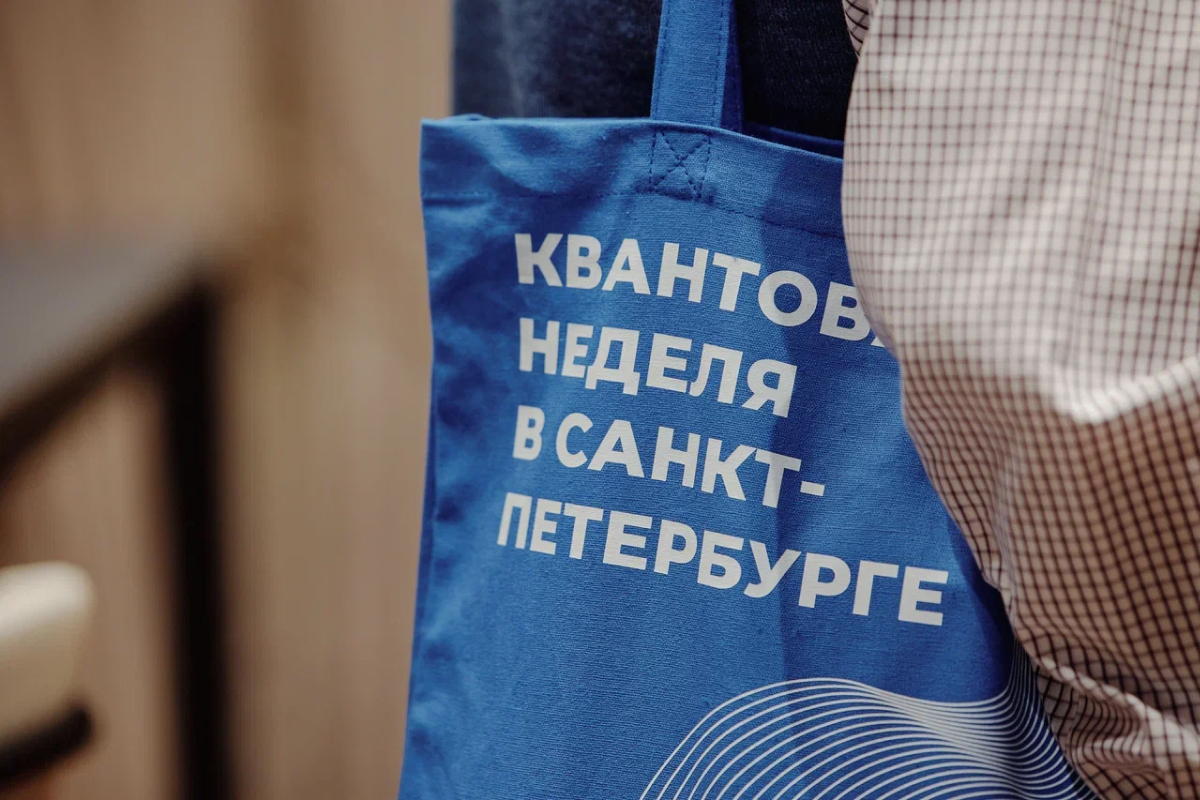How to fall in love with quantum physics?
St Petersburg University has completed the ecosystem project "Quantum week in St Petersburg." More than 2,000 schoolchildren, students, teachers and industry representatives took part in a series of events dedicated to popularising the quantum industry among young people.
The University is one of the first sites chosen by Rosatom — Quantum Technologies (OOO "Joint Venture 'Quant'") for the educational programme of the project. During five days, St Petersburg University hold 16 scientific and educational lectures for students and schoolchildren. Leading physicists from St Petersburg University, specialists from OOO "Joint Venture 'Quant'" and employees of the Russian Quantum Centre introduced young researchers to the mysterious world of the future — the world of computing, development of computer technologies, qubits, and qudits.
St Petersburg University is a member of the association of higher education institutions "Consortium of supporting universities of the State Atomic Energy Corporation Rosatom" and the consortium "National quantum laboratory." The University also actively cooperates with the State Atomic Energy Corporation Rosatom in the field of additional education for schoolchildren.
"We are witnessing a moment when a promising branch of technologies is being developed. The main task of the scientific community is to actively cooperate with schoolchildren and students to shape this emerging sphere. Knowledge about quanta must be native. We should talk to children about this topic as early as in kindergartens. By doing so, we can ensure that quantum physics will not be repulsive, but ignite a genuine interest," said Tatiana Golubeva, Professor of St Petersburg University and Head of the Quantum Optics Laboratory at St Petersburg University.
Along with the lectures at the University, young scientists and experts at St Petersburg University, OOO "Joint Venture 'Quant'" and Russian Quantum Centre offered lessons to schoolchildren in 17 schools in St Petersburg and the Academy of Digital Technologies of St Petersburg. They brought together more than 1,100 schoolchildren. They learned about the principle of superposition and quantum entanglement. The scientists demonstrated spectacular experiments to show different research phenomena. Senior schoolchildren also took part in a laboratory session on quantum cryptography. The participants used quantum key distribution for cryptographic purposes.
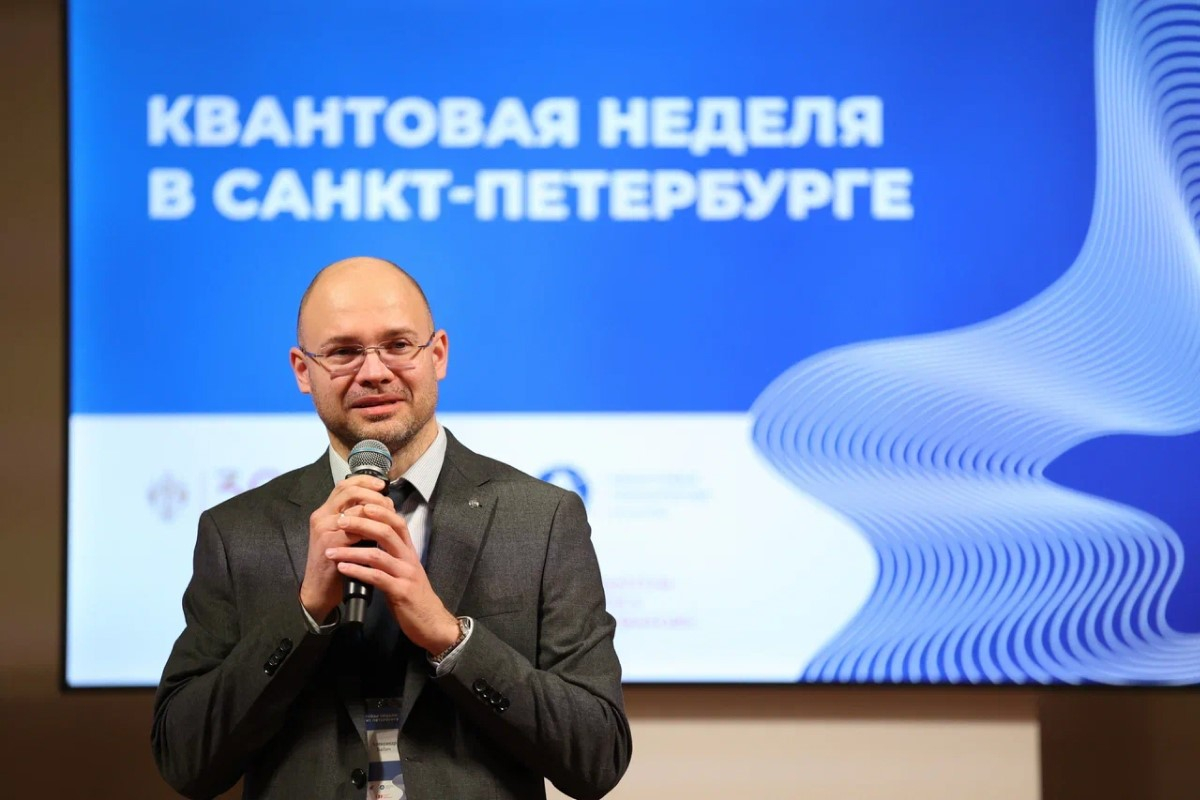
We have a large number of St Petersburg schoolchildren, including those from educational institutions that have the engineering and technology profile. Our mission is to help them choose their future profession, and to ensure that they follow a promising path in science or industry.
Aleksandr Babich, Senior Vice-Rector for Youth Policy and Admissions at St Petersburg University
As part of the Quantum week, St Petersburg University held the first quantum hackathon for students. Five teams from leading technical universities of St Petersburg competed for the title of winner. Among the universities were the following: St Petersburg University, ITMO University, Peter the Great Polytechnic University, St Petersburg State University of Aerospace Instrumentation, and St Petersburg State Marine Technical University. During four hours, the participants were asked to solve three challenging tasks in the area of quantum computing, e.g. to develop quantum algorithms and implement them on quantum computer simulators. The tasks were developed by employees of the Quantum Optics Laboratory at St Petersburg University.
"The goal of the hackathon is to show students tasks that may benefit not only science, but also industry," commented Evgenii Vashukevich, Associate Professor in the Department of General Physics at St Petersburg University.
The Quantum week also featured events to develop cooperation between universities and representatives of the quantum technology industry. At the sessions, experts formulated production requests and professional criteria for graduates. The quantum sphere needs specialists who have a deep understanding of quantum mechanics and programming, but also are well equipped with engineering skills, said representatives of Gazprom, Gazpromneft, QRate, SMARTS‑Quanttelecom, and Infotecs.
"The Quantum week is a new ecosystem scientific and educational project by Rosatom- Quantum Technologies (OOO "Joint Venture 'Quant'"). It is set to introduce young people to quantum technologies and related professions that will be in demand in the very near future. What is more important is that we believe that by taking part in this project schoolchildren will make their choice in favour of physics, that is a fascinating science that will shape our future. We hope that university students, in their turn, will think more seriously about proceeding to a scientific and professional career in the field of quantum computing. We really appreciate that the key partner of our project in St Petersburg is St Petersburg University, one of the leading supporting universities of Rosatom and a member of the National Quantum Laboratory consortium," said Oleg Popov, Project Manager at OOO "Joint Venture 'Quant'".
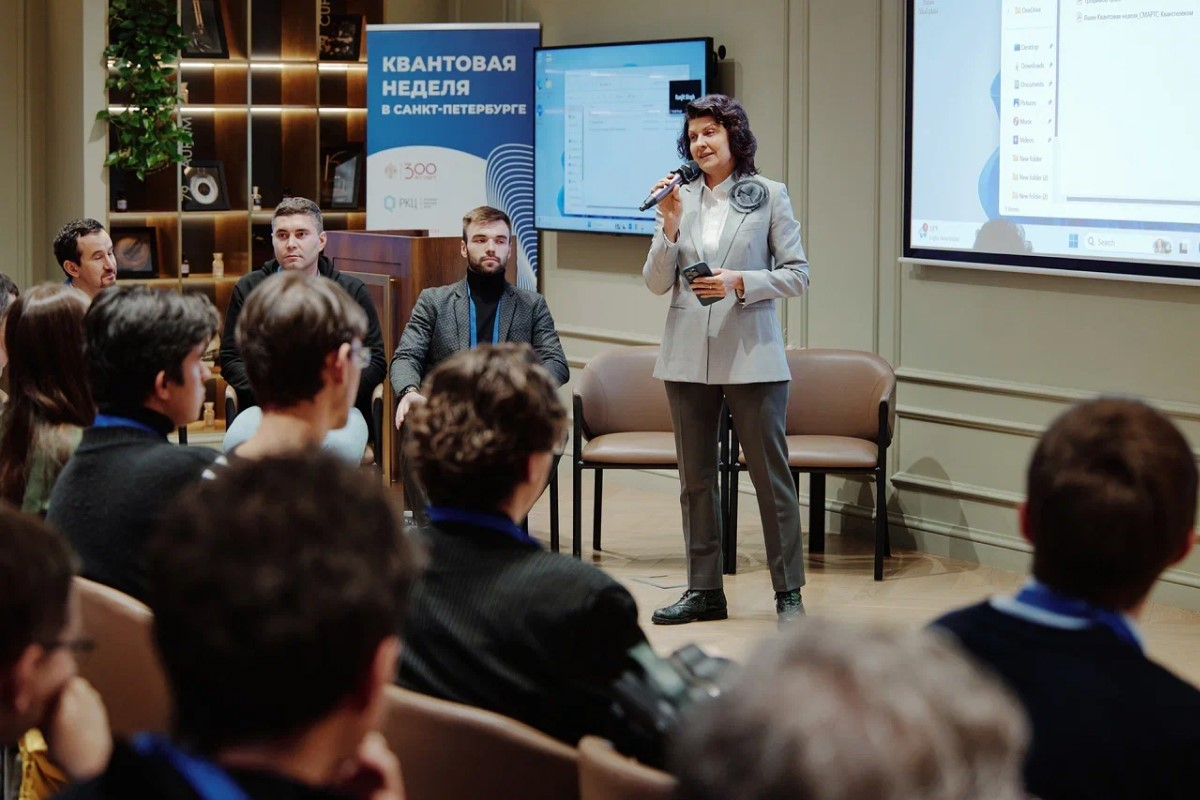
Summing up the events, the experts agreed that in order to develop the quantum technology industry, it is necessary to support the concept of continuous education, including early and pre-profile career guidance. Yet, what remains the most important aspect, according to Valeria Kasamara, Deputy General Director of the Russian Quantum Centre for Educational Projects, is how to "inspire schoolchildren, teachers, and students fall in love with quantum physics."


